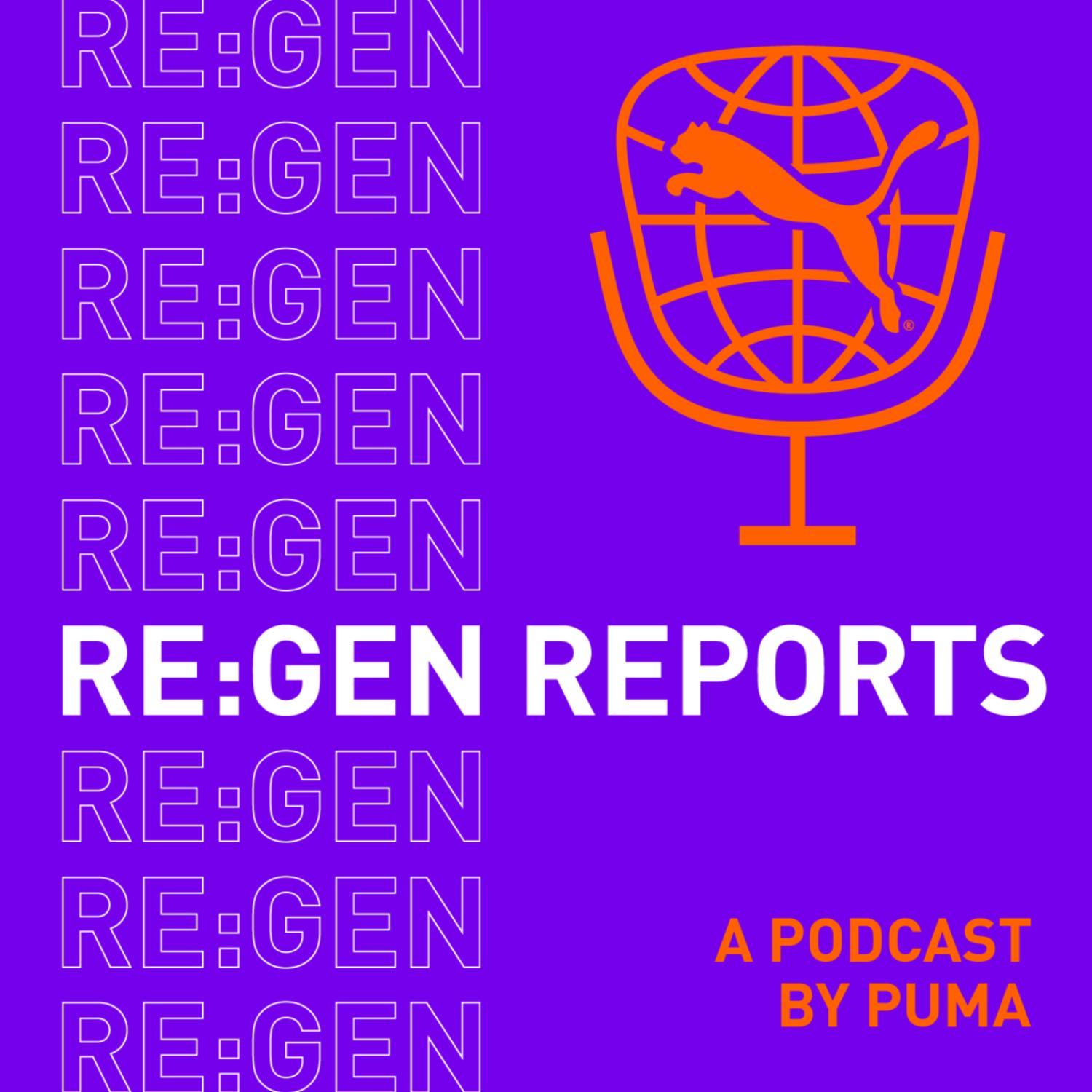- After-Shows
- Alternative
- Animals
- Animation
- Arts
- Astronomy
- Automotive
- Aviation
- Baseball
- Basketball
- Beauty
- Books
- Buddhism
- Business
- Careers
- Chemistry
- Christianity
- Climate
- Comedy
- Commentary
- Courses
- Crafts
- Cricket
- Cryptocurrency
- Culture
- Daily
- Design
- Documentary
- Drama
- Earth
- Education
- Entertainment
- Entrepreneurship
- Family
- Fantasy
- Fashion
- Fiction
- Film
- Fitness
- Food
- Football
- Games
- Garden
- Golf
- Government
- Health
- Hinduism
- History
- Hobbies
- Hockey
- Home
- How-To
- Improv
- Interviews
- Investing
- Islam
- Journals
- Judaism
- Kids
- Language
- Learning
- Leisure
- Life
- Management
- Manga
- Marketing
- Mathematics
- Medicine
- Mental
- Music
- Natural
- Nature
- News
- Non-Profit
- Nutrition
- Parenting
- Performing
- Personal
- Pets
- Philosophy
- Physics
- Places
- Politics
- Relationships
- Religion
- Reviews
- Role-Playing
- Rugby
- Running
- Science
- Self-Improvement
- Sexuality
- Soccer
- Social
- Society
- Spirituality
- Sports
- Stand-Up
- Stories
- Swimming
- TV
- Tabletop
- Technology
- Tennis
- Travel
- True Crime
- Episode-Games
- Visual
- Volleyball
- Weather
- Wilderness
- Wrestling
- Other
Eliminating plastic bags: it’s easy, right?
Singapore-based founder of sustainable bag company (Peco) Yumika Hoskin is joined by PUMA’s Head of Labelling and Packaging, Jordan Eichenberger to discuss the use of plastic in the fashion industry. Discover the answers to why brands are still using plastic packaging, whether or not it’s ever ok to use it and if there are alternatives that actually work.In the episode, Jordan quotes an article from the Washington Post. You can find that article here – https://www.washingtonpost.com/wp-dyn/content/graphic/2007/10/03/GR2007100301385.html?referrer=emaillink—------Plastic pollution of our oceans is one of the most urgent challenges to sustainability of our time. As a company that uses polymers in alot of its products, we have a special responsibility to work on this issue.What it actually means: Plastic shopping bags and single-use plastics aggravate the problem of plastic pollution significantly. By eliminating them from our stores and office environment, we can set a positive example for our consumers and colleagues and at the same time reduce our use of plastics by several hundred tons per year.Goal 1: Eliminate plastic bags from owned and operated PUMA storesIn recent years we switched our shopping bags to FSC-certified paper bags or polyethylene bags with 80% recycled content. During 2020 our Retail division devised a detailed plan to completely phase out plastic bags from our owned and operated PUMA stores globally.Goal 2: Support scientific research on microfibersWe’ve joined The Microfibre Consortium (TMC) as a member to understand and address the environmental concerns for fibre fragments (microfibre) which are generated from natural and synthetic clothing during manufacture, as well as the consumer use phase in the industry.Goal 3: Research biodegradable plastics options for productsWe piloted a fully biodegradable version of our most iconic sneaker, the PUMA SUEDE. This pilot includes the use of a fully biodegradable outsole made from thermoplastic polyurethane (TPU). The composting results will be made public so that anyone interested in biodegradability can use our lessons learnt.PUMA publishes all of its progress, challenges and setbacks in its Sustainability Report. You can find the 2022 report online now by going to about.puma.com

